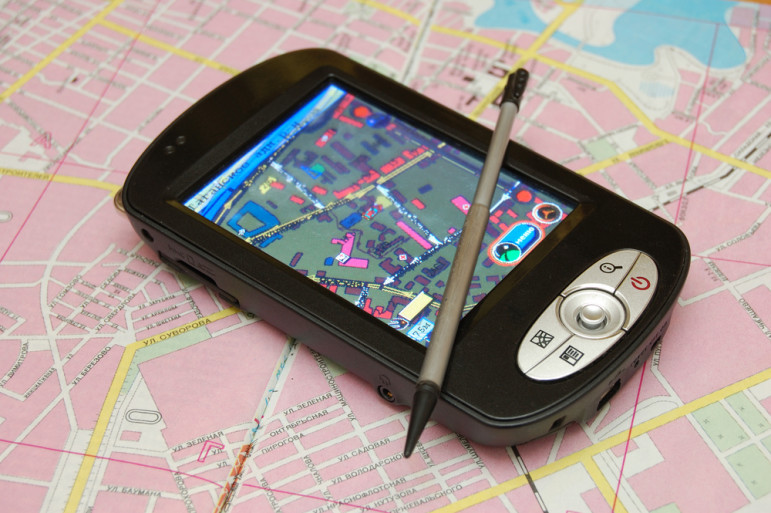
February 18, 2016; New York Times
In our continuing coverage of the bombings of clinics in Syria operated by Doctors Without Borders (also known as MSF, for Médecins Sans Frontières), we have reported on the medical charity’s many frustrations after repeated attacks on its facilities, some of which are thought to have been deliberate. Two more hospitals were bombed earlier this week, probably by Russian forces assisting the Syrian government. On Thursday, the charity said it did not give the GPS coordinates and data to the Syrian government for some of the clinics that were attacked for fear they would be re-targeted.
According to the Associated Press, repeated attacks on clinics led staffers to ask the charity to not disclose its facilities’ GPS information to the Syrian government, which has been engaged in a bloody five-year battle with various rebel forces. A Monday attack on a makeshift hospital in Maarat al-Nu’man killed at least 25 people.
According to MSF operations director Isabelle Defourny, it was a difficult decision to withhold the information. “It was a huge discussion inside MSF, and mainly with the medical directors of the health facilities that we support inside Syria,” Defourny said. “The staff of the hospital (and) the director of the hospital didn’t know if they would be better protected if they give the GPS or not.” As Defourny noted and NPQ reported, an MSF-run hospital in Kunduz, Afghanistan was bombed last October by American warplanes despite the fact it was known to be a medical facility.
Sign up for our free newsletters
Subscribe to NPQ's newsletters to have our top stories delivered directly to your inbox.
By signing up, you agree to our privacy policy and terms of use, and to receive messages from NPQ and our partners.
Although the Syrian government was kept in the dark after recent attacks, ambassadors from other countries were informed of the GPS coordinates, a telling portrayal of how the Assad regime is perceived. But MSF withheld the full truth and complete information about its medical facilities to the ambassadors.
“We gave to the Russian ambassadors in Paris (and) in Geneva coordinates for three hospitals located in very intense conflict zones, but not for all of them, and it was a decision taken together with the medical staff of the health facilities that we support,” said Defourny.
Over the course of the war, Assad’s administration has refused to grant Doctors Without Borders permission to provide medical aid throughout the country. But MSF has continued to set up clinics in opposition-held areas, exposing its personnel to the threat of bombings.
The U.N. task force that convened last week to assess the Syrian conflict announced that 114 “big trucks” had been sent into besieged areas to deliver food and supplies to 82,000 people. Last month, a coalition of humanitarian groups (including the Red Cross) also organized the delivery of the supplies upon reports that Syrians were starving to death. The supplies are expected to last about a month. According to Jan Egeland, Secretary General of the NGO Norwegian Refugee Council, the goal is to reach other besieged regions or areas surrounded by government and opposition forces, perhaps by airdropping supplies. Officials estimate that more than 250,000 people have been killed during the conflict and 11 million have been displaced.—Shafaq Hasan











